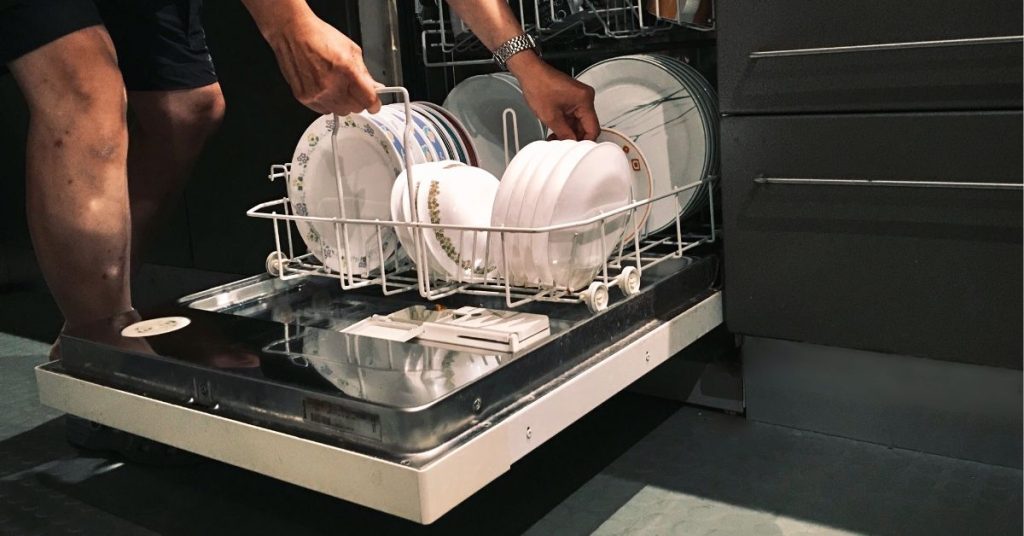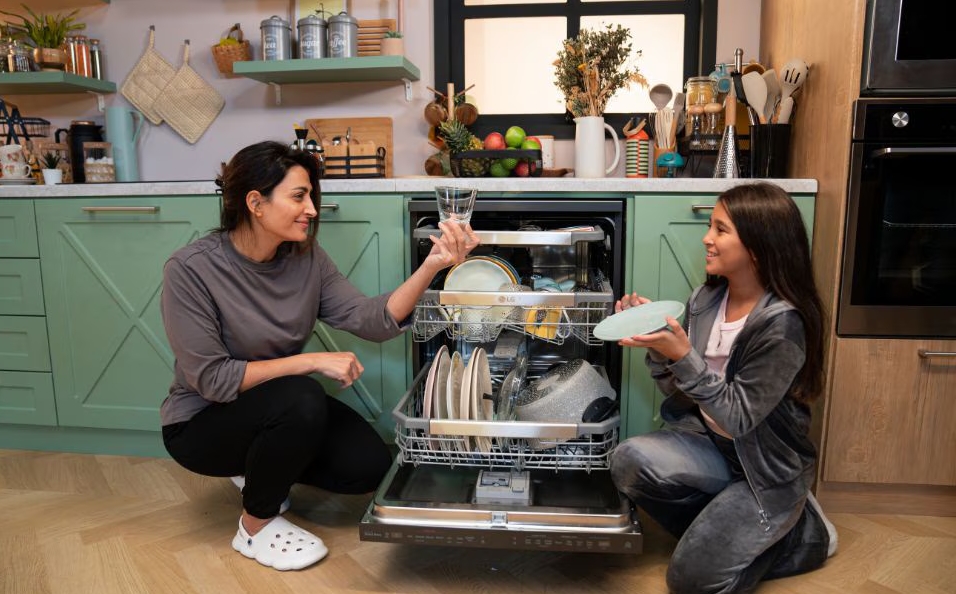Getting rid of an old sofa can be a challenging task due to its size and weight. Whether your couch is worn out, damaged beyond repair, or you’re simply upgrading to a new one, proper disposal is important for both environmental and practical reasons. This comprehensive guide will walk you through various methods to dispose of your unwanted sofa responsibly.
Consider the Condition First
Before deciding how to dispose of your sofa, assess its condition:
- Is it still usable?
- Does it have significant damage or just minor wear?
- Is it clean and free from stains, tears, or structural issues?
The condition will determine your best disposal options.
Donation Options
If your sofa is still in good condition, donation is an excellent first choice:
Local Charities and Thrift Stores
Many organizations accept furniture donations to help those in need or to sell in their thrift stores:
- Goodwill
- The Salvation Army
- Habitat for Humanity ReStores
- Local homeless shelters
- Refugee resettlement organizations
Most charities offer free pickup services for large furniture items, though you may need to schedule this in advance.
Community Groups
- Check community Facebook groups
- Neighborhood apps like Nextdoor
- Local religious organizations
- Women’s shelters
Community centers
Selling Options
If your sofa is in good condition, consider selling it:
Online Marketplaces
- Facebook Marketplace
- Craigslist
- eBay
- OfferUp
- Letgo
Consignment Shops Local furniture consignment stores may accept your sofa and sell it on your behalf for a percentage of the sale price.
Yard Sales
If you’re planning a yard sale, include your sofa among the items for sale.
Recycling Your Sofa
If your sofa is not suitable for donation or resale, recycling is the next best option:
Furniture Recycling Centers
Many cities have specialized centers that break down furniture into recyclable components:
- Wood frames can be recycled or repurposed
- Metal parts can be scrapped
- Foam and fabric may be recycled at specialized facilities
Scrap Metal Dealers If your sofa has significant metal components, such as a pull-out bed mechanism, consider contacting local scrap metal dealers who may be interested in the metal parts.
Municipal Waste Services
Check with your local waste management department about large item pickup services:
Bulk Pickup Days
Many municipalities offer scheduled bulk pickup days for large items like sofas. Contact your local waste management department to inquire about:
- Scheduling requirements
- Any preparation needed (such as wrapping or disassembly)
- Fees associated with the service
Transfer Stations
Most cities have transfer stations or dumps where you can take large items for proper disposal. There may be a fee associated with this service.
Hiring Professional Junk Removal Services
If you need a convenient, hassle-free option:
Junk Removal Companies
Professional services like 1-800-GOT-JUNK, Junk King, or College Hunks Hauling Junk will come to your home, remove the sofa, and dispose of it properly. These services typically:
- Provide same-day service
- Handle all the heavy lifting
- Dispose of items responsibly, including recycling when possible
- Charge based on the size of the item or how much space it takes up in their truck
DIY Disposal
If you have the means to transport the sofa yourself:
Renting a Truck
Consider renting a pickup truck or small moving truck to transport your sofa to a donation center, recycling facility, or landfill.
Breaking It Down
If you’re handy with tools, you can disassemble the sofa into smaller, more manageable pieces:
- Remove the legs
- Cut away the fabric and foam
- Break down the wooden frame
- Separate recyclable components
This approach allows you to dispose of different materials appropriately and may make transportation easier.
Environmental Considerations
When disposing of a sofa, consider the environmental impact:
- Landfills should be the last resort
- Many components of sofas can be recycled or repurposed
- Extending the life of furniture through donation or resale reduces waste
- Proper disposal prevents illegal dumping that can harm ecosystems
Preparing Your Sofa for Disposal
Regardless of your chosen disposal method, proper preparation is important:
- Clean the sofa as thoroughly as possible
- Remove any personal items from between cushions or under the sofa
- Make any minor repairs to increase chances of successful donation or sale
- Disassemble if required by your disposal method
- Check for manufacturer take-back programs if purchasing a new sofa
Frequently Asked Questions
Can I put a sofa out with my regular trash?
No, most standard trash services won’t collect large furniture items with regular household waste. You’ll need to use a special bulk pickup service, which may require scheduling and possibly an additional fee.
How much does it cost to dispose of a sofa?
Costs vary widely depending on your method of disposal. Donation is typically free, while junk removal services may charge $75-$200 depending on your location and the size of your sofa. Municipal bulk waste services might be free or have a nominal fee of $20-$50.
What’s the most environmentally friendly way to dispose of a sofa?
The most eco-friendly option is extending the sofa’s life through donation or resale. If that’s not possible, recycling the components through specialized furniture recycling centers is the next best option.
How can I tell if my sofa is recyclable?
Most sofas contain recyclable materials including wood, metal, and sometimes fabrics. Contact local recycling centers to learn about their specific acceptance policies for furniture items.
Do I need to disassemble my sofa before disposal?
This depends on your disposal method. Some donation centers and junk removal services accept intact sofas, while recycling centers may require disassembly. Check with your chosen service provider for specific requirements.
Are there any tax benefits to donating my sofa?
Yes, if you donate your sofa to a qualified nonprofit organization, you may be eligible for a tax deduction. Be sure to get a receipt from the organization documenting your donation.
What if my sofa is infested with bed bugs or other pests?
A sofa with pest infestations should not be donated or sold. In this case, clearly mark the item as infested and use a professional junk removal service that handles such items, or check with your local waste management department for proper disposal protocols.






